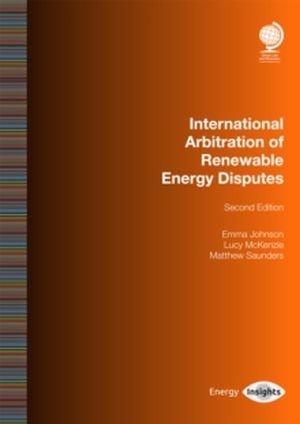
Decarbonisation of the energy industry is critical to achieving the deep and necessary cuts to emissions required to achieve the Paris Agreement climate change goals. However, the industry must balance increasing energy demand with the need to achieve sustainability of energy supply, the importance of which has recently been accentuated by disruption to supply chains caused by the Covid-19 pandemic and the Russia-Ukraine war. Traditional dependence on fossil-fuels will need to be replaced with new technologies that generate electricity in a low, or even no, carbon way. Renewable energy sources are central to the transition.
The increase in renewable energy capacity globally and the complex and relatively untested nature of various renewable energy technologies and the contracts underlying the projects pursuant to which they are being developed, installed and operated, give rise to a wide range of potential disputes. International arbitration has long been the preferred dispute resolution forum for the energy sector and is well placed to be the preferred process for resolving the many and varied disputes that can arise in the lifetime of a renewables project.
The second edition of this Special Report considers:
Written for both a legal and non-legal audience, this Special Report is relevant to those interested in learning about the scope for disputes in the renewables sector, how they can be avoided, and how arbitration can best be deployed to prevent delay, resolve disputes which might otherwise jeopardise project completion and operation and help push the energy transition forward.